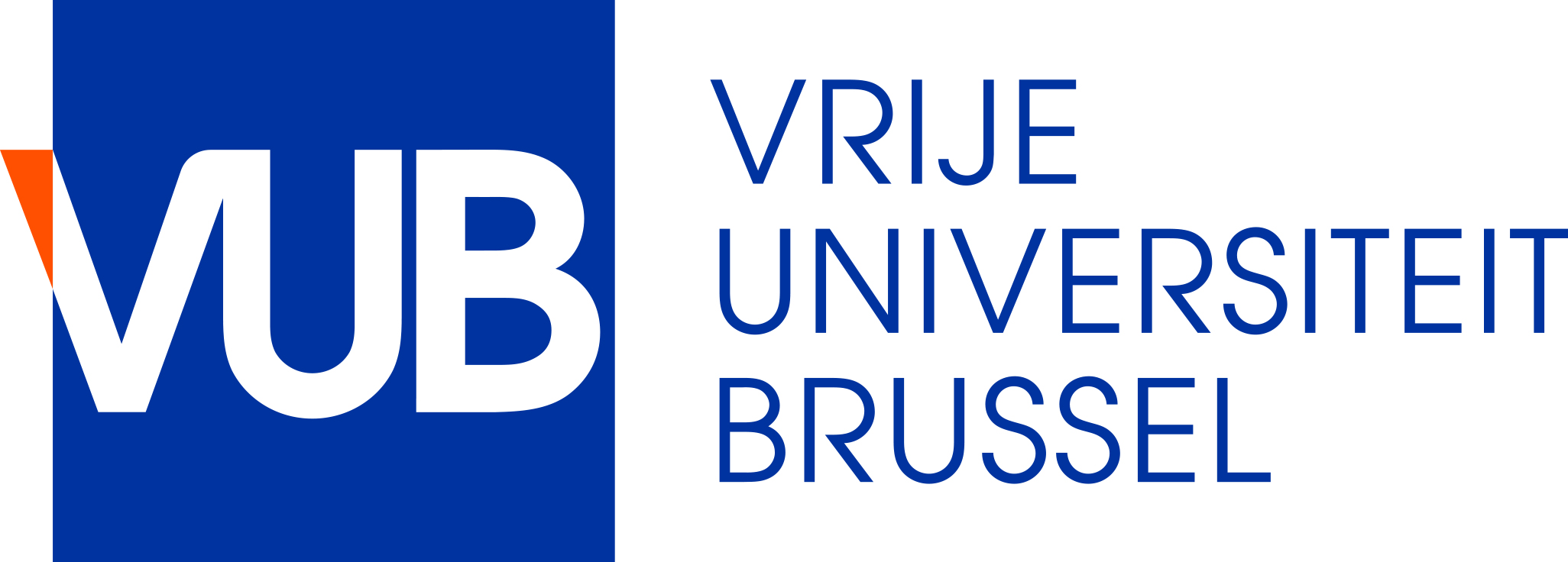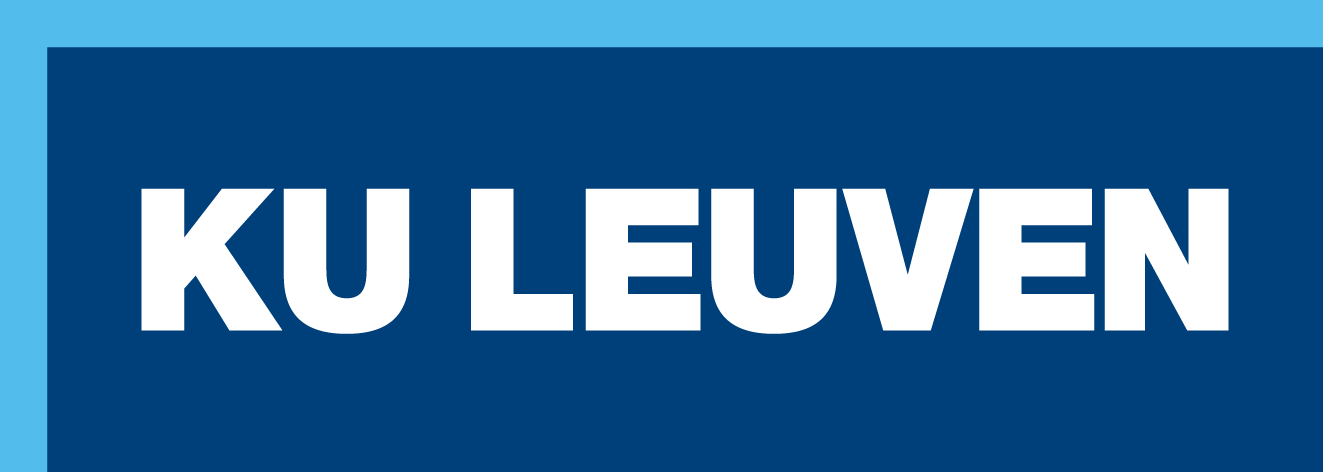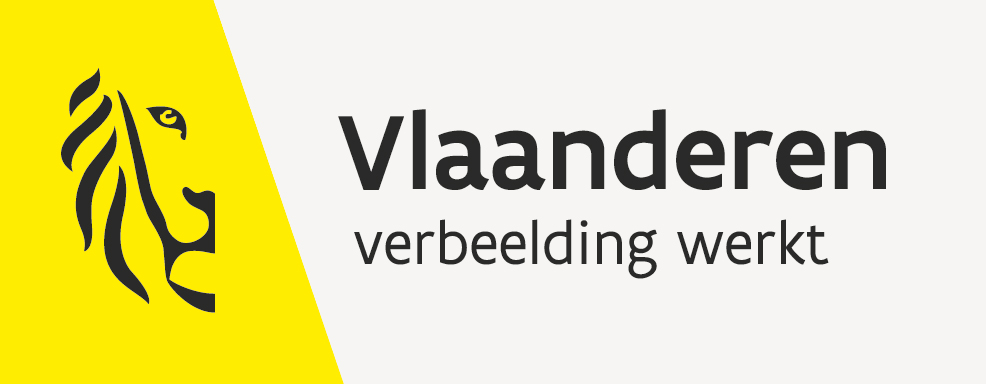Seasonal School: Cross-cultural explorations into the role of fate, destiny, and predestination as agents for health and wellbeing
This three-day interdisciplinary summer school delves into the complex interplay between cultural beliefs in fate, destiny, and predestination and their impact on individual health and wellbeing. A particular focus will be on (comparative) Eastern and Western cultural contexts.
Instructors come from different fields, including medical, cognitive, and cultural anthropology, literary studies, philosophy, psychology, and religious studies, offering a variety of disciplinary approaches both in methodological and conceptual/theoretical frameworks. In addition, the presented research covers different cultural and religious traditions: the Islam world, Lithuania, China, the US, Mongolia, India, Western philosophical and medical tradition, and various diaspora in Belgium. Dr. Renatas Berniunas will present an innovative cross-cultural approach and the limits of WEIRD (Western, Educated, Industrialized, Rich, Democratic) research paradigms in investigating culturally informed concepts such as free will, choice, luck, destiny and predestination and their role in individual wellbeing. Prof. Philippa Koch will talk about concepts of religious providence/spiritual beliefs in relation to health in the U.S. Prof. Alan Weber will talk about the clinical dimensions of Muslim patient fatalism based on qualitative data from Muslim medical students. Prof. Chaïma Ahaddour will talk about the role of predestination in religious coping and meaning making in the context of illness and loss among Muslims in Belgium. Prof. Christoph Jedan will discuss the Stoics’ relation to and view on notions of fate and how these are supposed to relate to wellbeing. Prof. Graham Parkes will talk about Nietzsche’s amor fati, with Dr. Matthyssen adding a Chinese flavor to this.
The multidisciplinary approach is not only embedded in the diversity of scientific backgrounds of the instructors, but also on the type of lecturing and in the division of the three days: day one is broadly devoted to lectures on methods and theories and presentation of case studies, followed by discussions; day two has a focus on medical and health contexts and the Muslim communities, and day three focusses on beliefs in fate and fatalism for “the good live” and wellbeing.
PRAKTISCHE INFO
-
DATUM16 september, 2024
-
LOCATIE

Gent
-
DOELGROEPPhD postdoc
-
TAAL EVENEMENTENGELS




